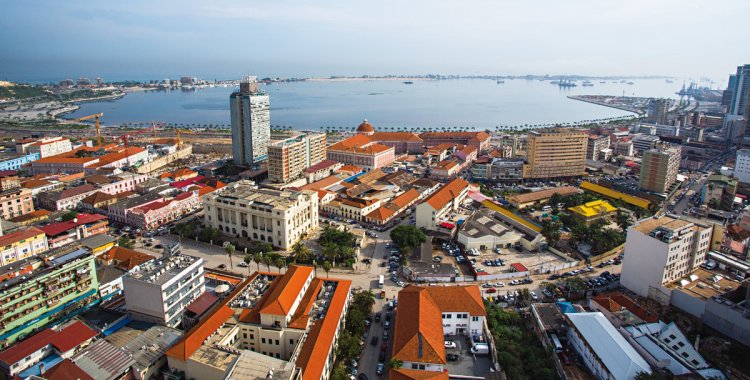"We anticipate that the average inflation rate will increase from 17.1 percent in 2019 to 22.2 percent this year, before slowing to 19.7 percent in 2021," reads an analysis of inflation and the value of the kwanza in Angola.
In the comment, sent to investors and to which Lusa had access, the analysts of this Oxford Economics consulting partner wrote that "given the high level of inflation and negative interest rates, the National Bank of Angola is not expected to lower its policy on rates before 2022".
In September, inflation rose to 23.8 percent, the highest since November 2017, driven by food and non-alcoholic beverage producers, analysts point out, noting that the rise in inflation has been a constant throughout the year.
"This has been mainly due to the fall in oil prices this year and the liberalization of the currency, causing a devaluation of the kwanza by 25 percent of its value since the beginning of the year," to 639 per dollar in early October.
"The Angolan currency remains vulnerable to changes in global sentiment and is expected to depreciate more than 50 percent this year compared to last year, putting more pressure on consumer prices due to Angola's heavy dependence on imported goods," the analysts conclude.
This week, the finance minister said that one of the reasons for the high level of public debt, which the International Monetary Fund expects to exceed 120 percent of GDP this year, is precisely the devaluation of the kwanza in recent months.
In her conversation this week with the director of the IMF's African department, who recently approved the disbursement of $1 billion under the third review of the financial adjustment program, which was increased to a total of $4.5 billion, Vera Daves relativized the rise in the debt to GDP ratio.
"The stress on the Treasury is significant due to the depreciation of the kwanza, and this is what has caused the debt to GDP ratio to rise very significantly," by 120.3 percent this year and falling to about 70 percent over the next five years.







